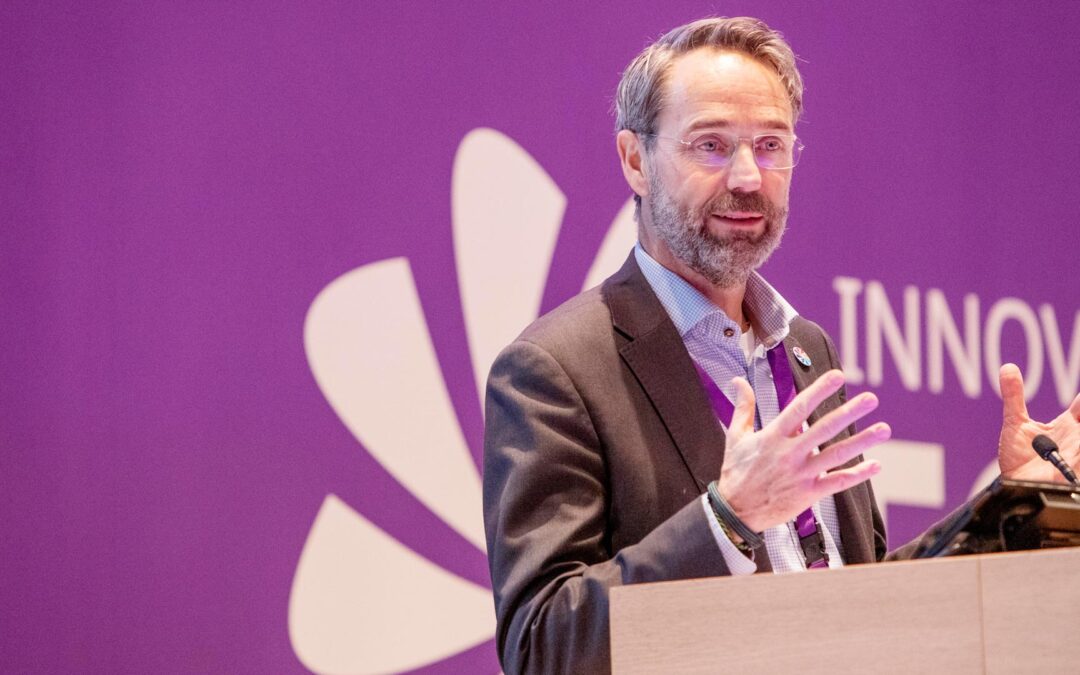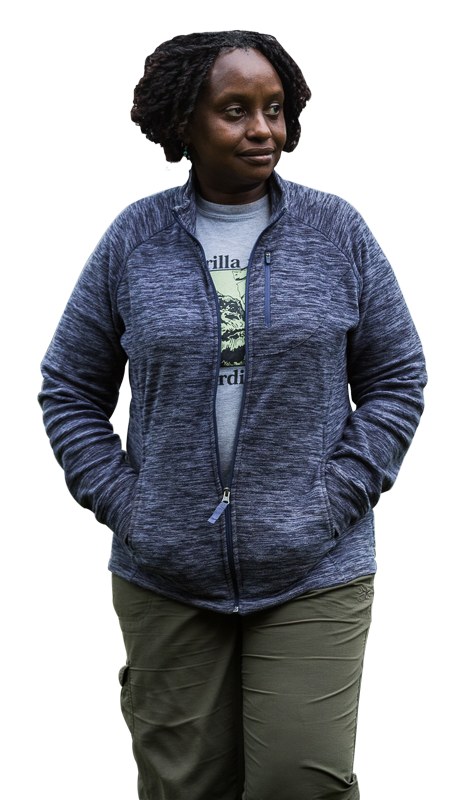Creating user-friendly justice
Dr. Sam Muller is the founding director of HiiL (The Hague Institute for Innovation of Law), headquartered in The Netherlands. He was named a Winner of the 2022 Tällberg-SNF-Eliasson Global Leadership Prize thanks to his work in driving transparency in legal systems and developing ways of increasing access to justice for populations around the world (SDG 16) through innovation.
Muller is a self-described “justice junkie.” He spent his early career in international law working in hot zones like the Gaza Strip, then moved on to work with the Yugoslav Tribunal and the International Criminal Court in the Hague. Those experiences left him convinced that justice systems could offer much more value for everyday people seeking fair outcomes in legal matters.
New thinking for a new world
Sam’s passion for justice was shaped by stories of two family members who lost their lives in World War two, an uncle and his grandfather. They did not get justice. He studied law, specializing in international law, and joined the UN as a way to work on justice.
Sam was closely involved in setting up the International Criminal Court, as adviser to the negotiators and one of its first staff members. Gradually he experienced limits to what the international level could do. Wasn’t the best way to stop atrocities that come to the international tribunals to find ways to make national justice systems deliver more and better justice?
So he left the UN system in 2005 to set up HiiL. Over the years, with the help of many, HiiL contributed to developing an approach to increasing justice delivery that is grounded in data about the justice needs and experiences of people, opens up for innovation, and that actively engages justice leaders and diverse stakeholders to make the change. It is now called the people-centered justice approach. Sam helped develop innovations himself, like the Wildlife Justice Commission to combat wildlife crime. He set up the Justice Leaders, an organization that helps leaders better understand and make the change that is needed. The single focus of his work remains the unshakeable belief that justice systems can and must deliver much more than they do and that we cannot continue with business as usual.
Transformation in action
An estimated one billion justice problems arise every day globally and an astounding 60 to 70 percent are never resolved. To turn those numbers around, HiiL developed “justice needs and satisfaction surveys,” instruments that study a legal landscape and identify gaps. These surveys enable the creation of more people-centered justice, ensuring equal access through collaboration based on facts among public officials, sector professionals, entrepreneurs, and investors. This means justice that’s affordable, accessible, and readily understood. To make that transformation we must put people and the outcomes they need at the center not institutions and existing procedures. HiiL helps legal practitioners build and scale solutions that allow people to resolve or prevent their justice problems. This means more people can get on with their lives faster, enhancing their personal well-being and the well-being of local economies.
How does HiiL’s work look in real life? In Uganda, for example, Muller and his colleagues have created the Uganda Family Justice Catalogue. This treatment guideline combines identifiable best practices with evidence about what works to provide a more standardized, higher-quality way of solving family problems. HiiL also supports Ugandan justice start-ups by providing funding, training, mentorship as well as legal advice for creating successful businesses.
With technology and data insights at its core, HiiL continues to co-create and scale high-quality justice in countries around the globe.



Thank you for sharing. We have a similar model too. We call our model the Adaptive Public Health Model. Through this we analyse how the elements of the ecosystems such as political, physical, social, cultural, gender, civic and economic foster enabling or responsive contexts leading to good health and wellbeing. These findings inform our mission which is good health for all, for all age groups mindful of the diversity in humanity so that children, adolescents, teenagers, adults and seniors become the immediate programme participants. We use an alignment model to establish a more people-centered Public Health intervention, ensuring pro-active engagement, access through empowering communities of practice to collaborate as well as strengthen internally. This has created opportunities for encounter, reparation and transformation. We work in 25 African countries with grassroots based CBOs and through them we have built connections with Population-Based Structures such as Local Governments, CSOs and other actors. This deepens the scope, promotes scaling of what works and allow programme participants to address issues contextually. The alignment model uses the HANDS/AEIOU acronym as a gold standard to link interventions to evidence-based outcomes.